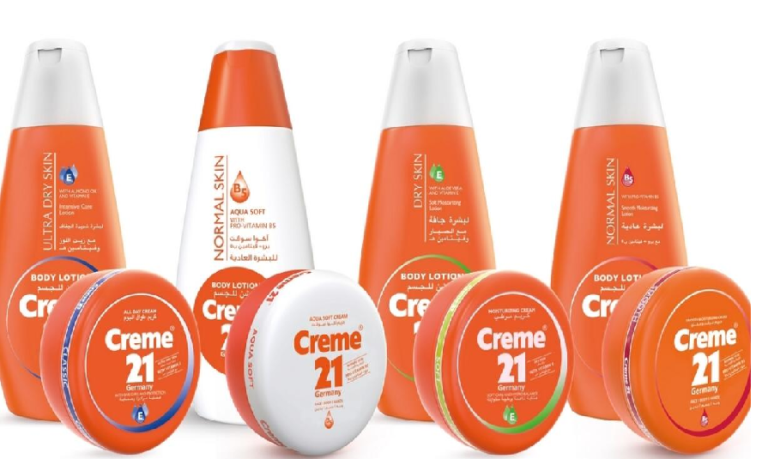Here’s a closer look at what experts do know about CBD and the immune system, including how CBD oil capsules could help people suffering from autoimmune diseases.
How does CBD function?
Before delving into the effects of CBD on the immune system, it’s crucial to understand the endocannabinoid system (ECS). Everyone has an ECS, which is a cell-signalling system located all across the body.
Endocannabinoids bind with endocannabinoid receptors in the ECS, conveying messages to various sections of the body. Endocannabinoids are similar to phytocannabinoids known as cannabinoids present in cannabis. Phytocannabinoids include CBD and tetrahydrocannabinol (THC). Endocannabinoids, unlike phytocannabinoids, are produced by your body regardless of whether you’ve ever taken cannabis or not.
The following are the primary endocannabinoid receptors:
CB1 receptors: Generally present in the central nervous system
CB2 receptors: Mostly found in the peripheral nervous system, particularly in immune cells.
Experts are still learning about the ECS and how it operates, but it appears to be involved in a variety of vital body activities, including:
- Mood
- Digestion
- Cognition
- Memory
- Sleep
- Reproduction
The research indicates that Phytocannabinoids, such as CBD, also interact with your ECS. While some phytocannabinoids appear to connect to CB1 and CB2 cells, CBD does not appear to do so. CBD oil capsules are believed to work by inhibiting the breakdown of endocannabinoids, allowing them to have a more effective effect on the body.
So, should I take CBD oil to improve my immune system?
A person’s immune system does not usually need to be boosted if they do not have an underlying ailment. While there are some lifestyle adjustments you can make to avoid weakening your immune system, such as getting enough sleep, there isn’t much you can do to boost your immunity and avoid being sick.
CBD does not appear to boost the immune system, but it may help people with autoimmune diseases. For those who don’t know, an autoimmune disorder occurs when your immune system misidentifies a portion of your body as a foreign threat and attacks it. This can result in inflammation and other unpleasant symptoms. Among the most common autoimmune illnesses are:
- Lupus
- Rheumatoid arthritis
- Inflammatory bowel disease (IBD)
- MS (multiple sclerosis)
- Thyroiditis caused by Hashimoto’s thyroiditis
Immunosuppressive medications are frequently required for those suffering from autoimmune illnesses. An immunosuppressant is a medication that can reduce or eliminate an overactive immune system. CBD appears to have immunosuppressive and anti-inflammatory characteristics, according to research from 2020 and 2021. These characteristics are significant for people who have autoimmune diseases because inflammation is a common symptom.
What are the symptoms of a Weak Immune System?
Infections that are commonly detected in people with immune systems that are weak are as follows:
- Pneumonia
- Meningitis
- Bronchitis
- Skin infections
- Autoimmune diseases
- Digestive issues, such as loss of appetite, diarrhea, abdominal discomfort
Can CBD Help You Improve Your Immune System?
Hundreds of thousands of diseases, infections, viruses, and germs enter your body on a daily basis. Even a normal cold may be lethal if we don’t have a strong immune system. Our immune system’s cells, tissues, and organs work to destroy foreign particles and intruders. It is in charge of keeping you healthy, and if it is functioning properly, it helps in your recovery. This complicated system is also in charge of recognizing and removing cells that are not functioning properly in your body. These unwanted cells could increase if your immune system is not functioning properly.
Autoimmunity and CBD: Some speculate that the endocannabinoid system may also function to alert the body to inappropriate autoimmune responses, in which defense cells attack otherwise healthy organs and tissues. This could explain why cannabinoids work so well for autoimmune disorders like multiple sclerosis, rheumatoid arthritis, and systemic lupus. Although cannabidiol shows promise in terms of improving immune system function, research is still preliminary. Many more in-depth investigations will be required to gain a more firm and full knowledge of how they interact.
Inflammation and CBD: We know that in some doses, cannabinoids may be able to suppress unpleasant inflammatory responses. This is especially true for those suffering from the autoimmune illnesses discussed above. We also know that chemicals that stimulate our ECS can increase neurogenesis, or the development of new nerve cells. They might even be able to slow down cell deterioration.
If a person experiences a severe traumatic event, such as a head injury, heart attack, or stroke, the lack of oxygen and high levels of inflammation could severely destroy nerve cells. CBD’s antioxidant and anti-inflammatory effects, according to some scientists, may protect nerve cells and reduce neuropathic pain.
At Last,
However, the majority of the data on CBD and immunosuppression is based on animal and laboratory studies. Human trials are required to determine whether CBD is a feasible immunosuppressant. The good news is that research into CBD for the treatment of autoimmune diseases is ongoing, with promising results indicating that it may help with disorders such as rheumatoid arthritis and multiple sclerosis. Lastly, before using a new treatment or supplement, consult with your healthcare provider. CBD is considered safe for human ingestion. In conclusion, CBD may be able to assist improve your immune system. Some study has found that it possesses anti-inflammatory qualities as well as the ability to act as an immunosuppressant and immunomodulator. However, there are some adverse effects and potential interactions to be aware of when using and buying cbd softgels online such as sudden tiredness, diarrhea, and nausea, weight and appetite fluctuations.














+ There are no comments
Add yours